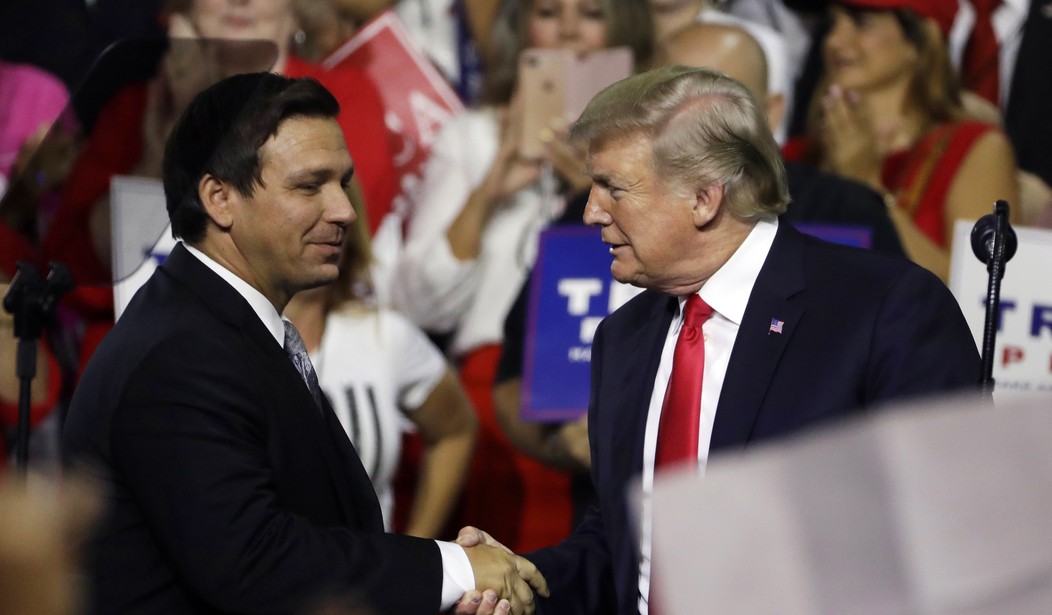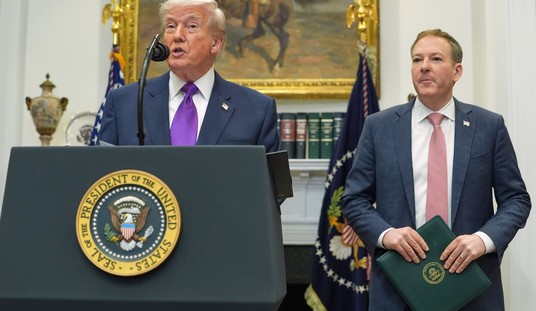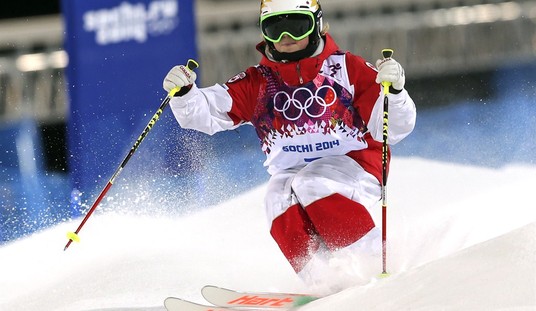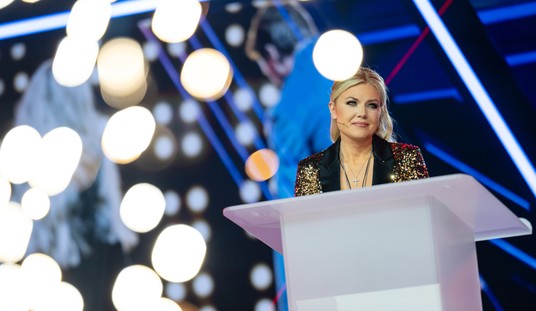In a crowded field of Republican candidates vying for the party’s presidential nomination, the journey to the debate stage may be more challenging than it seems. How crowded is that field, and how many contenders can we expect to appear on the debate stage?
The number of Republicans running for president varies depending on the source; according to NPR, there are 11 GOP candidates, The New York Times lists 12, and Politico counts 14. Fascinatingly, there are actually 267 individuals who have filed statements of candidacy with the Federal Election Commission as of Monday, June 26.
Of course, few will meet the requirements to appear in the party’s debates, the first of which will be held in August and hosted by Fox News in Milwaukee, Wisconsin.
As previously reported, the Republican National Committee (RNC) set the requisites as follows:
In addition to meeting the standard candidate qualification legal requirements, participants must meet the following:
Candidates must poll at one percent (at least) in three national polls or two national and one early state polls. (Further stipulations regarding the polls include a minimum of 800 likely Republican voters surveyed and that the polls not be conducted by a polling company affiliated with a candidate or candidate committee.
Candidates must have a minimum of 40,000 unique donors, with at least 200 unique donors per state or territory in 20-plus states and/or territories.
Candidates must sign a pledge agreeing not to participate in any non-RNC-sanctioned debate for the remainder of the election cycle, a pledge agreeing to support the eventual party nominee, and the RNC data-sharing agreement.
The Republican National Committee’s polling requirements to participate in the first primary debate require candidates to register at 1 percent in three qualifying polls. Qualifying polls must survey at least 800 likely primary voters or caucus-goers.
A review of GOP primary polls shows that out of the 70 polls conducted in the last 51 days, only two would meet the RNC’s guidelines, accounting for zero national polls. The majority of polls conducted in 2023 are excluded on the basis of small sample size. But, according to the rules, the qualifying polls must be conducted between July 1 and August 21, with qualifying evidence presented to RNC at least 48 hours prior to the debate.
A recent Fox News poll only surveyed 391 registered voters likely to cast ballots in the Republican primary, a far cry from the qualifying criteria. Other national surveys conducted by NBC News (500), CNN (561), Quinnipiac University (700), CBS News (586), and USA Today (245) also fall significantly below the required threshold.
For candidates not ranking in the top five of polling leaders, this poses a critical if not insurmountable problem. However, polling is not the only qualification metric, as candidates also need to have 40,000 individual donors.
Current polls show the top GOP candidates are Donald Trump, Ron DeSantis, Mike Pence, Nikki Haley, and Tim Scott. This leaves other long-shot contenders like Larry Elder, Francis Suarez, and Asa Hutchinson on the chopping block. For candidates who regularly poll above one percent, such as Chris Christie or Vivek Ramaswamy, registering below one percent in an untimely poll could shut them out of the debate stage.
While surveys conducted in early primary states can suffice for one national poll under the RNC guidelines, there have been few polls conducted in Iowa, New Hampshire, South Carolina, or Nevada. Since May 10, there have only been a total of 17 polls conducted in those states, with only two meeting the RNC’s requirements.
Failing to be present in the primary debates can serve as a fatal blow to candidacies. With limited qualifying opportunities, many candidates may struggle to meet the criteria and gain the exposure needed to reshape the race ahead of the critical early primaries.
Meanwhile, the jury is still out (no pun intended) on whether the polling leader of the pack, Donald Trump, will even show up. In an interview last week, Trump said:
Well I’m leading by a lot, and in many ways, I’d love to, but in other ways, it seems foolish. When you’re up forty points, forty-five points, maybe more than that.
And you have guys like Hutchinson who nobody ever heard of, who’s down at zero, and Christie’s down at one. And, even Mike Pence I saw a number today, it was very discouraging when you look at a number like that… it’s sort of… I feel badly about it but he was down at two and three. Nikki Haley is down at two. You know you really say, ‘What’s to gain by being out there and having everybody shooting at you?’
An RNC spokesperson reassured Politico that the guidelines wouldn’t pose a problem, saying, “We are ensuring quality polls are used to determine which candidates make the debate stage and we are confident that there will be enough polls for our candidates to qualify.”
Read More:
2024 Presidential Primary Dynamics: GOP Nominating Calendar Faces Potential Shake-Up
NV GOP Files Lawsuit Against Nevada Over Presidential Primary System













Join the conversation as a VIP Member